Simferopol/Kiev: President Vladimir Putin put Russian combat troops on high alert for a drill on Wednesday, the Kremlin’s most powerful gesture yet after days of sabre rattling since its ally Viktor Yanukovich was toppled as president of Ukraine.
Thousands of ethnic Russians, who form the majority in Ukraine’s Crimea region, demonstrated for independence for the peninsula that hosts part of Moscow’s Black Sea Fleet. They scuffled with rival demonstrators, mainly from the Tatar minority, who support the new authorities in Kiev.
With the political turmoil hammering Ukraine’s economy, the hryvnia currency tumbled 4 percent on Wednesday, with ripples spreading to Russia where the rouble fell to five-year lows and bank shares took a hit.
Ukraine’s central bank, which has been rapidly burning its hard currency reserves to protect the hryvnia, said it has abandoned a managed exchange rate policy in favour of a flexible currency, a senior official told CNBC TV.
Moscow also denounced what it described as the rise of “nationalist and neo-fascist sentiment” in the country’s mainly Ukrainian-speaking western areas, where it said Russian speakers were being deprived of rights. It has repeatedly expressed concern for the safety of Russian citizens in Ukraine.
“In accordance with an order from the president of the Russian Federation, forces of the Western Military District were put on alert at 1400 (1000 GMT) today,” Interfax news agency quoted Russian Defence Minister Sergei Shoigu as saying.
Since Yanukovich’s downfall on Saturday, all eyes have been on Putin, who ordered an invasion of neighbouring Georgia in 2008 to protect two self-declared independent regions with many ethnic Russians, which he then recognised as independent states.
Any military action in Ukraine, a country of 46 million people that has close ties with European powers and the United States, would be far more serious – arguably the closest the West and Russia have come to outright confrontation since the Cold War.

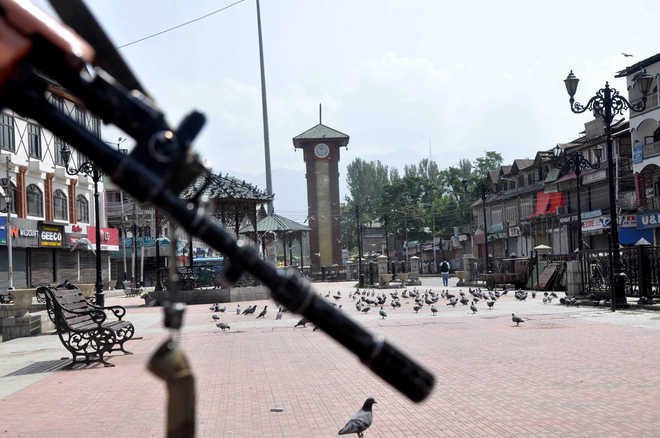

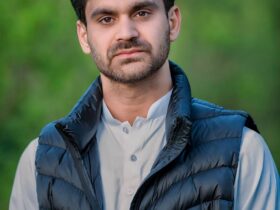
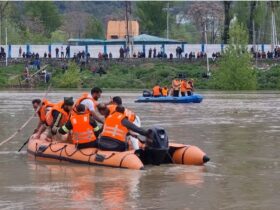

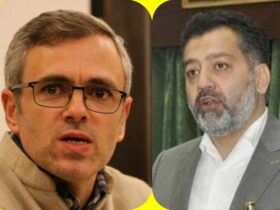
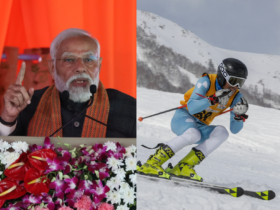
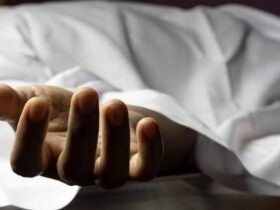
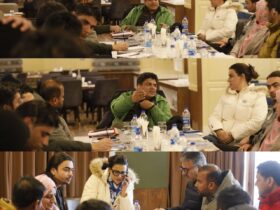
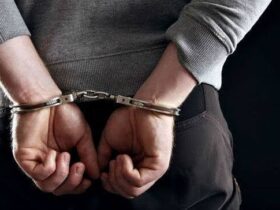
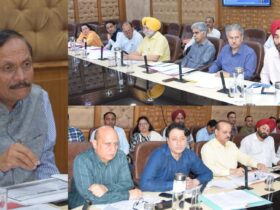
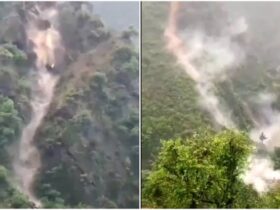
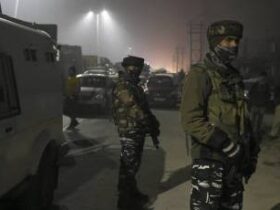
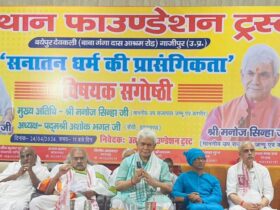
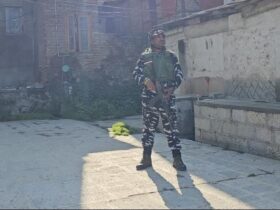
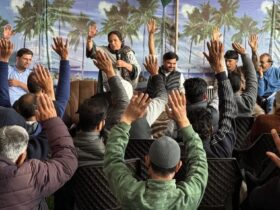
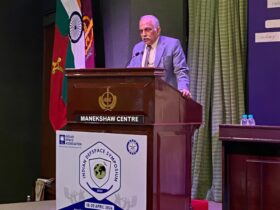
Leave a Reply